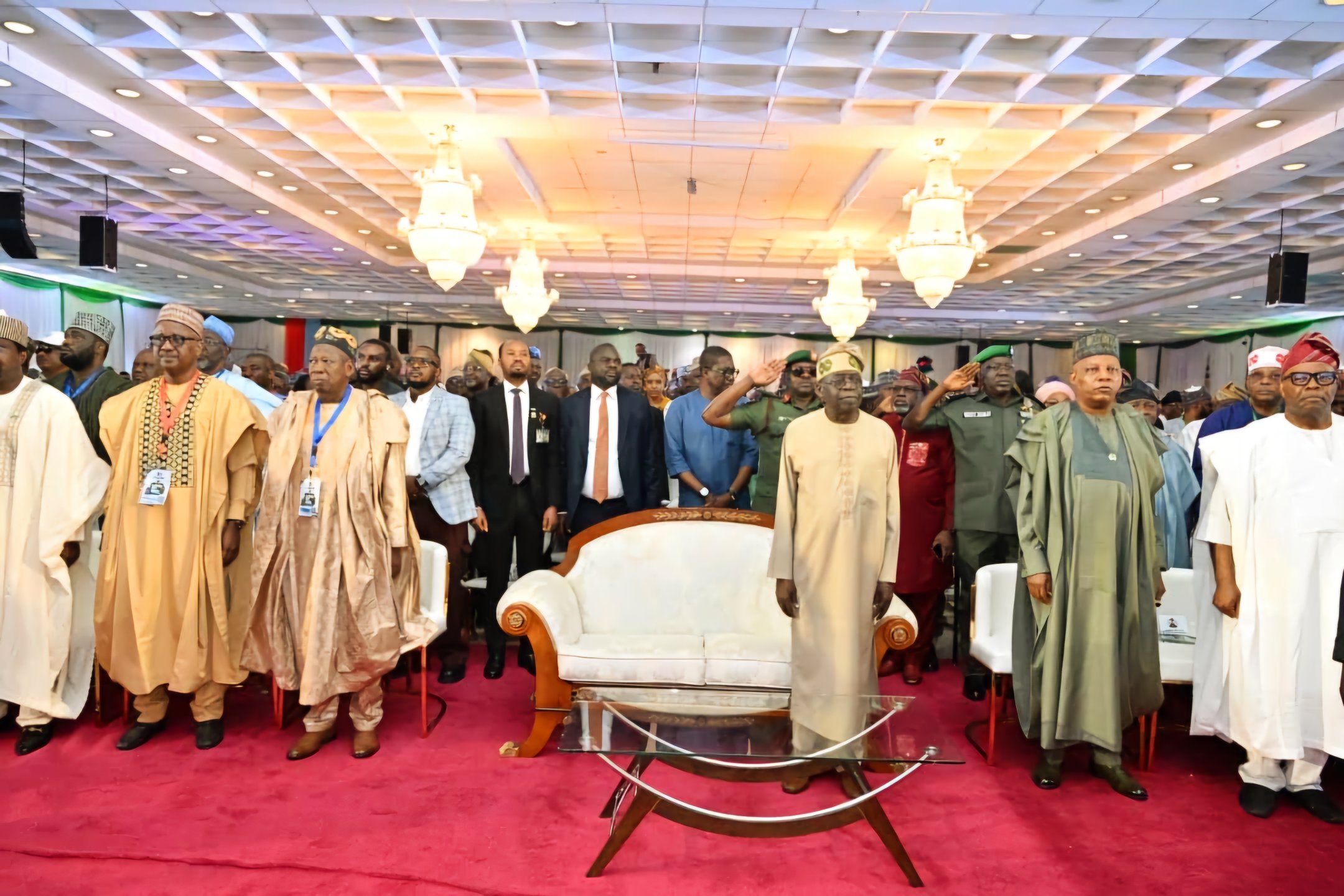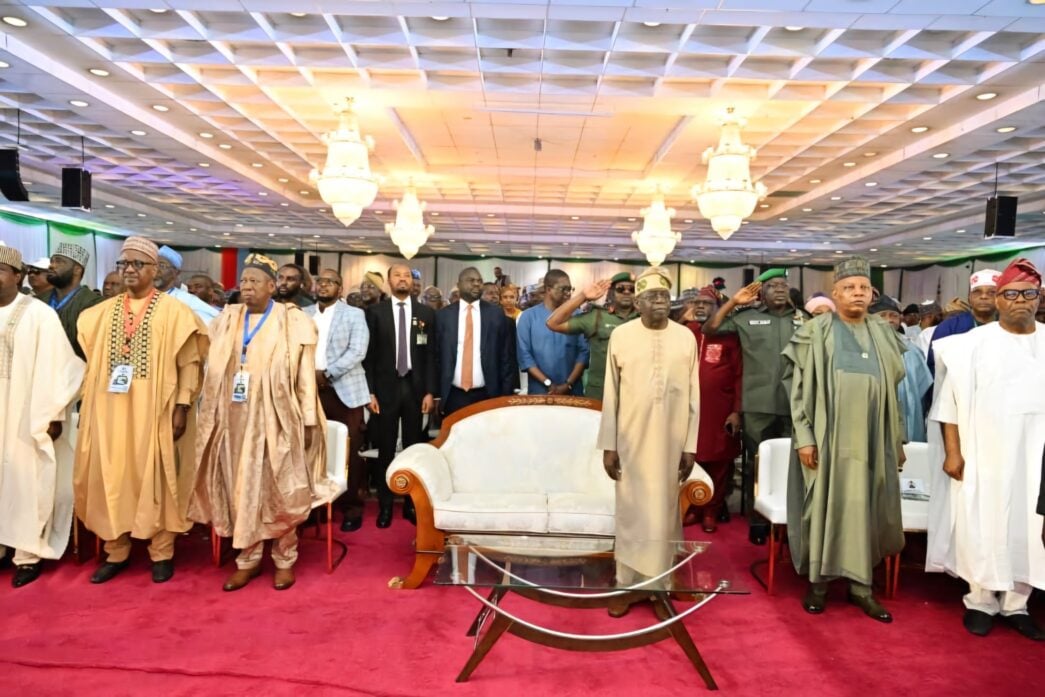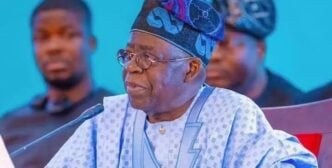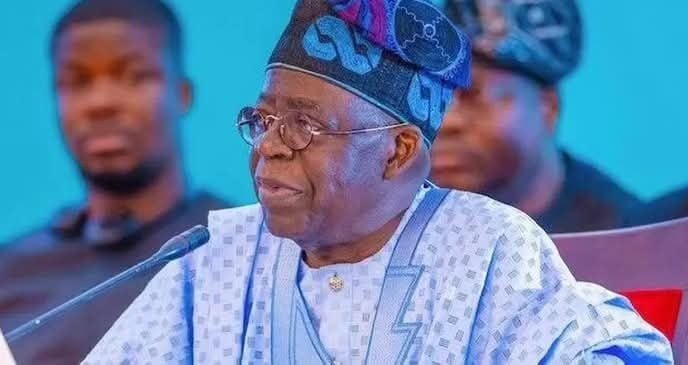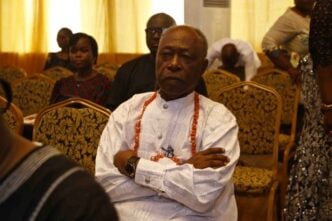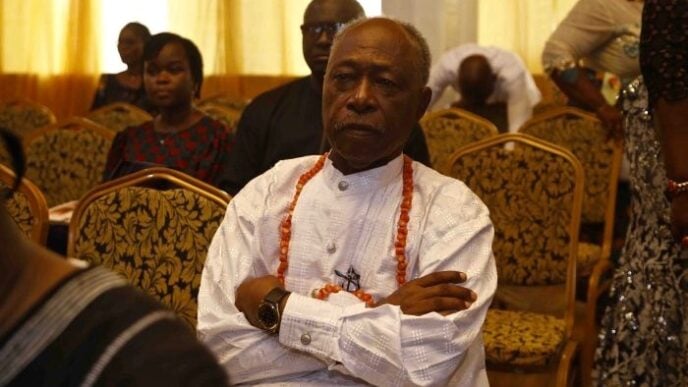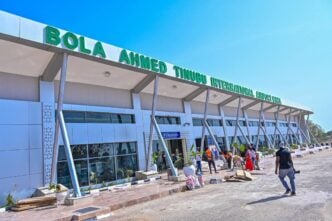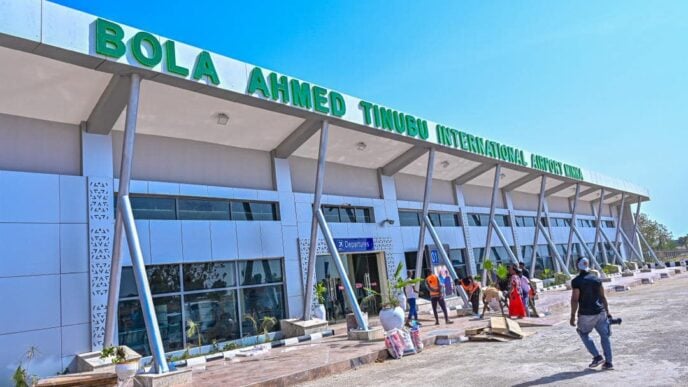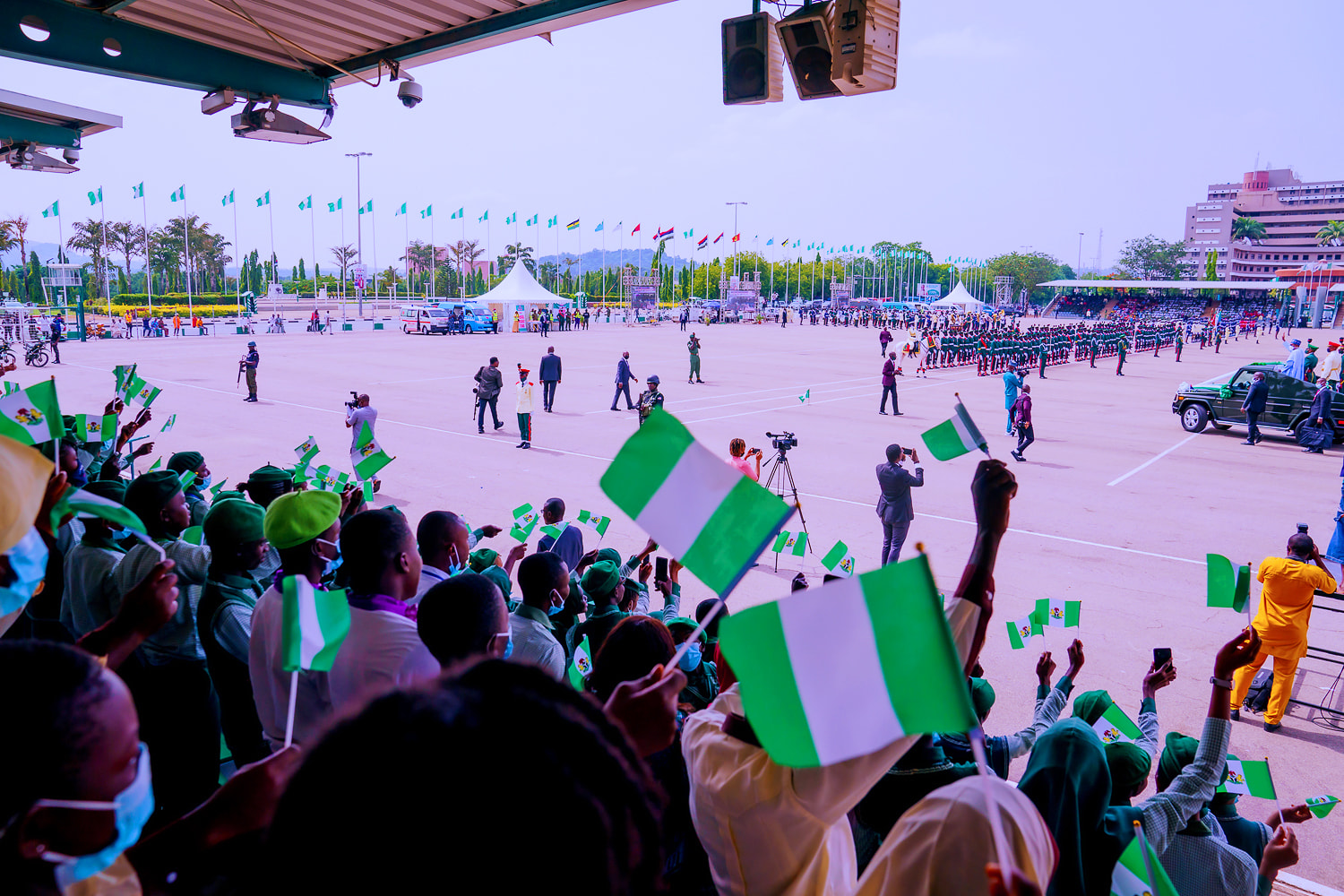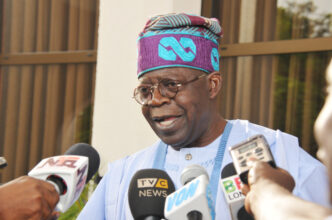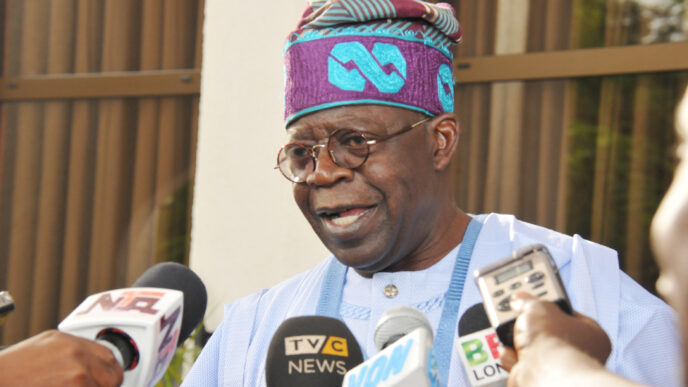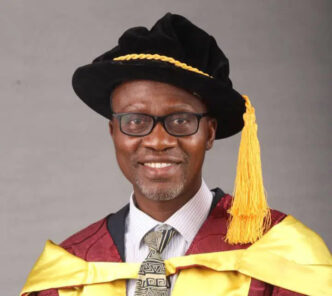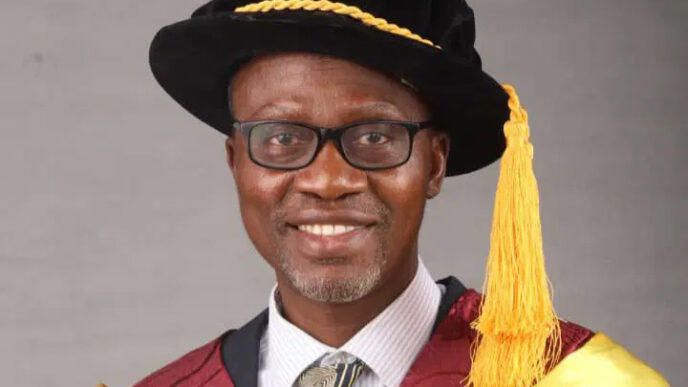As President Bola Ahmed Tinubu crosses over to the second half of his administration’s trajectory of his first four years in office, his government, and party — the All Progressives Congress (APC) have never failed at every given opportunity, to remind Nigerians, and the world, of the “bold reforms” they have embarked upon. From fuel subsidy removal to exchange rate unification and renewed foreign investor courtships, the self-appraisal is glowing.
But beneath the ceremonial fanfare and their masturbatory self-congratulations, lies a country still grappling with worsening socio-economic hardship, deepening inequality, and a populace dangerously close to exhaustion. Many Nigerians are daily being pushed to the margin of socio-economic wellbeing. Nigerians are becoming multidimensionally poorer as the day goes by. Basic necessities of life, which include, feeding, housing, clothing, and access to affordable healthcare service, have gone beyond what an average Nigerian can confidently say they can afford, more so than it was in recent past.
Many APC apparatchiks, on social media, have always tried to tell the politically non-aligned Nigerians, as well as even their opponents that they, have seen, or are seeing, the dividends of the bold reforms. They talk about seeing a light at the end of the tunnel, and I, like other Nigerians, wish to see it too, but I can’t see, even the ray, let alone, the light itself. Please, don’t get me wrong: I never said there is no light at the end of the tunnel. No, that is not what I mean. What I am saying is that, I can’t see the light, just like millions of Nigerians can’t. So it is a matter of Perspectives, based on our individuals’ lived realities. Therefore, the APC, Tinubu’s political engine, may be gearing up to roll out the drums in celebration. But this is neither the time for triumphalism nor for trumpet-blowing. It is a time for sober reflection, realignment, and a return to the essence of governance: people.
Whatever reform, no matter how well-intentioned, if not tailored towards the wellbeing of the people, both in the short, and the long runs, the essence of such policy as it relates to the essence of a governance in the society would be defeated. Therefore, the cost of palliative measures to cushion the effects on the people until it comes to fruition must, always, be factored into the overall cost of implementing the policy. But unfortunately, this is hardly the case, when it comes to the Tinubu-led government and his policies. They put the cart before the horse. They think about palliatives, after the impacts have done irreparable damages to the livelihood of the masses.
Advertisement
A Reform Agenda That Hasn’t Trickled Down:
When Tinubu famously declared “subsidy is gone” on May 29, 2023, it was heralded as a necessary, if painful, economic surgery, albeit, without anaesthesia. The government asked for patience, promising long-term gains, with a promise of some palliatives. But today, the promised palliatives have proven inadequate, mismanaged, stolen or unimplemented outright. Transportation expenses have doubled. Food inflation is soaring above 30%. Energy bills have become unbearable. Ditto for costs of healthcare services and medications. A minimum wage (₦70,000) earner cannot afford to treat malaria for 3 members of his family within a month. If he does, he would, be left with nothing, for feeding, transportation (to and from work) and other basic necessities. For millions of Nigerians, the removal of fuel subsidy was not a reform — it was a rude awakening. It was a surgery without anaesthesia. It is, the poor masses having to suffer dysentery, for the excess of sugar consumed by the elite.
Even the unification of the exchange rates, a move long demanded by economists, has yet to yield visible benefits for ordinary Nigerians. Instead, it has fueled speculation, driven up import costs, and strangled small businesses. What the people see is not macroeconomic stability, but microeconomic misery.
Advertisement
Middle-Class Erosion and the Poor Left Behind:
The middle class, once considered the engine of Nigeria’s consumer economy, is shrinking. Professionals are emigrating in droves. Civil servants, artisans, and traders are watching the value of their savings evaporate. Civil servants (the honest ones), already stretched thin, now rely on loans to survive the month. The poor — already used to navigating hardship — are now forced into deeper poverty, with minimal or no social safety nets, as promised.
And yet, the government touts improved fiscal discipline and rising revenue projections. But what good is fiscal health if it translates into citizen despair? They told the world that, once subsidies are removed, there would more funds available for infrastructural projects that would make life more livable for an average citizen. But despite that, the “Kao Kudi” economic philosophy of President Muhammadu Buhari which always sees borrowing as a low-hanging fruit to reach out for, is what President Bola Tinubu has embraced now. Just about two weeks ago, he submitted a request to take a $21.5 billion, and ₦758 billion loans, to the National Assembly. I need somebody to make it make sense to me — when you say there would be more money, once subsidies are removed, and you did admit that there has, indeed, been much more money than there ever was, why the borrowing? Is borrowing now an Olympic Sport that Nigeria must participate in?
Leadership or Lip Service?
Advertisement
There is a glaring gap between what the administration says and what Nigerians feel. A leadership that calls for endurance must itself show empathy, and lead by example. Instead, the Tinubu government has often appeared aloof — focused more on scoring international points than alleviating domestic pain. Mega projects and MoUs are announced in quick succession, yet the average Nigerian still cannot afford three square meals. Meanwhile, the “First son of the nation” — Seyi Tinubu cruises to Polo venues in presidential jets.
This doesn’t imply that reforms aren’t necessary. They are. But reforms without cushioning; without a human face; become economic violence against the people who, ironically, we were made to understand are the target beneficiaries. Change without compassion is a revolution in name only.
APC’s Premature Celebration: A Risky Gamble:
They awarded a contract for the construction of the much-heralded 750 kilometers Lagos-Calabar coastal highway, and just last week, they rolled out the drums to commission what they called the first 30 kilometers, after two years. If my elementary knowledge of Mathematics serves me right, that would be:
Advertisement
30/750×100=4%.
That was what APC rolled out the drum to celebrate — a disjointed 30 kilometers. And the last time I checked, 40% is the pass mark, per WAEC marking scheme. To the APC, Tinubu’s policy strides might be considered enough justification for celebration. But a party, too eager to reward itself while the people bleed, risks political suicide. If the drums are rolled out now, they may drown out the voices of anguish rising from every corner of the nation. The masturbatory celebrations continued on Tuesday, when the FCT Minister, Nyesom Wike named the renovated International Conference Centre, after his appointer and political benefactor, Bola Ahmed Tinubu. That is sycophancy on steroid. The optics are dangerous: a dancing elite and a starving populace. A government praising itself while the governed are hungry and can’t afford Gari. I am not talking about those in the league of His Excellency Rotimi Amaechi, a two-term Speaker of the Rivers State House of Assembly; a two-term Governor of the State, and a Minister of the Federal Republic of Nigeria, for 8 years, who now leads a Legion of Emerging Hungry Nigerians (LEHNs).
Advertisement
The danger of mid-term delusion is that it can lull a government into complacency. The ruling party should be recalibrating, not rejoicing. APC have activated their electioneering mode, two years ahead of 2027, when they’ve not even delivered on the electoral promises of 2023. Governance is not a campaign — it is service, daily and deliberate.
Looking Ahead: Fixing the Disconnect:
Advertisement
President Tinubu still has the time, and the opportunity, to bridge the gulf between policy and people. Social protection must move beyond tokenism, as currently being handled by the Federal Ministry of Humanitarian Affairs, Disaster Management and Social Development. Public spending must be targeted. Trust must be rebuilt through transparency, accountability, and genuine engagement.
The APC must learn the difference between surviving a turbulent year and succeeding in governance. The road to 2027 will not be paved with economic jargon or policy soundbites, but with the lived realities of Nigerians. Like a columnist, Olu Fasan, rightly put it on ‘The Business Day”, “Two years on, Tinubu is ‘fixing’ the problems he created; No kudos there!” If the exchange rate (naira to dollars) jumped from around ₦750 to a dollar, to about ₦2,000, before it now hovers around ₦1,600, or a bag of rice, which you met at about ₦34, 000 went up, to over ₦100,000, comes down to ₦60,000, dear Mr. President, you haven’t solved any problem. You’re only trying to ameliorate the problem you created, abinitio.
Advertisement
In conclusion, let the President speak less of what has been done, and focus more on what remains undone, and how he will do them. Let the APC understand that governance is a long-distance run, not a victory lap. It is a marathon, not a sprint. This is not the time for drumming and dancing. It is the time to grind, to reflect, to listen, and to serve. It is time to fine-tune your policies to suit the yearnings and aspirations of those entrust you with the mandate to pilot their socio-economic destinies for a period of four years.
The Nigerian people are not ungrateful. They are just tired — tired of the cycles of promises and pains, of leaders who praise their performance while ignoring the scorecard written in empty pockets and broken dreams. In the spirit of the President’s Renewed Hope Agenda, I expect him to use the occasion of this year’s June 12 Democracy Day, to introspect, and recommit himself to going a step beyond mere rhetorics, policy statements, and political sound bites, and deliver the goods, so that the lived reality of the common man who have no access to “the kitchen” at the State House can be in sync with the celebrations.
So, dear APC, please warehouse the drums for now, until such a time when the light you’re seeing now at the end of the tunnel, becomes visible to the Chukwuemekas, the Owoichos, the Okons, the Olaitans, the Garbas, and the Ojonugwas, of this world, who are out there on the street trying day and night to eke out a living. The party can wait, but the people cannot.
Abubakar writes from Ilorin, Kwara state. He can be reached via 08051388285 or [email protected]
Views expressed by contributors are strictly personal and not of TheCable.

